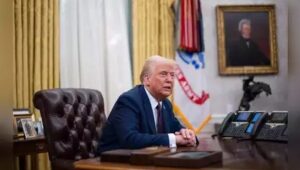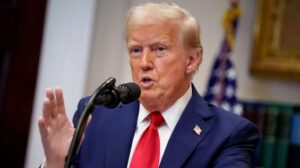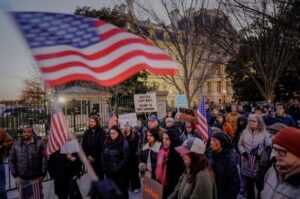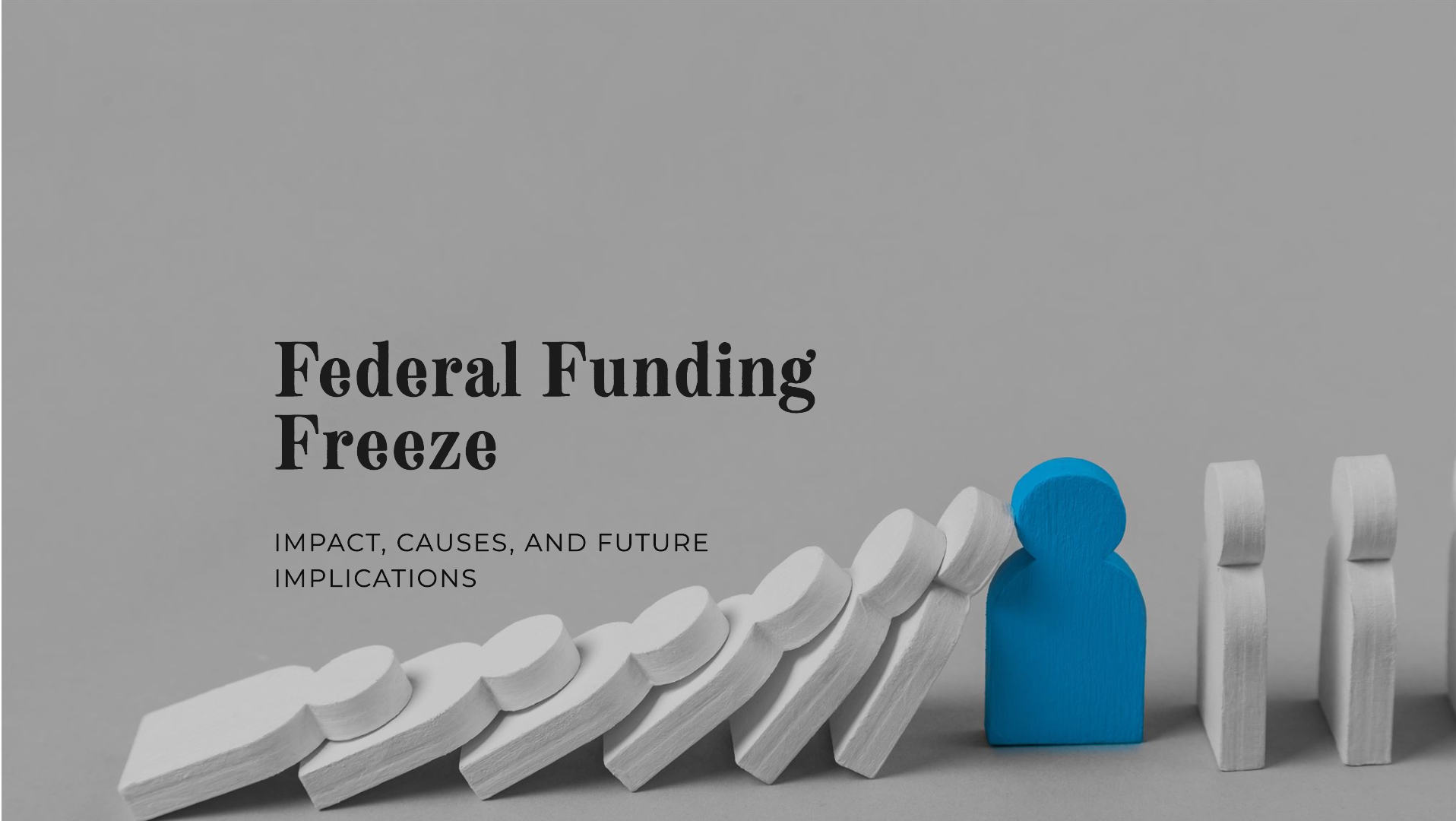Introduction
A federal funding freeze occurs when the government temporarily halts or restricts financial disbursements to various programs and agencies. This situation can arise due to budgetary disputes, economic crises, or political disagreements. The consequences of such a freeze can be far-reaching, affecting everything from public services to economic stability. This article explores the causes, impacts, and potential future implications of a federal funding freeze.
Causes of a Federal Funding Freeze
Several factors can contribute to a federal funding freeze:

- Political Gridlock: When lawmakers fail to reach a consensus on budget allocations, government funding can stall. Partisan disputes over fiscal policies often lead to funding delays.
- Economic Constraints: A struggling economy may force the government to curb spending, leading to a temporary funding halt.
- Debt Ceiling Issues: The U.S. debt ceiling limits the amount the government can borrow. If Congress does not raise the limit, funding freezes may result.
- Government Shutdowns: When Congress fails to pass appropriations bills, the government may shut down, leading to the suspension of non-essential federal funding.
- Emergency Responses: Unexpected crises, such as pandemics or natural disasters, may necessitate reallocation of funds, causing temporary freezes in other sectors.
Immediate Impact of a Federal Funding Freeze
A funding freeze can disrupt various sectors and have significant short-term effects:

- Public Services Disruptions: Essential services, such as healthcare, education, and infrastructure, may face delays or cutbacks.
- Federal Employee Furloughs: Government workers may be placed on unpaid leave, affecting their income and overall economic stability.
- Economic Uncertainty: Businesses that rely on federal contracts may experience slowdowns, reducing job security and consumer spending.
- Delayed Social Programs: Programs like Social Security, Medicare, and food assistance may experience processing delays, affecting millions of beneficiaries.
Long-Term Consequences of Federal Funding Freezes
Prolonged funding freezes can have lasting effects on the economy and public trust:

- Erosion of Public Confidence: Continuous funding freezes may reduce faith in government institutions and their ability to manage finances effectively.
- Infrastructure Deterioration: Delays in funding infrastructure projects can lead to deteriorating roads, bridges, and public transport systems.
- Weakened Economic Growth: Limited government investment in research, innovation, and social programs can slow economic development.
- Impact on International Relations: Countries relying on U.S. aid and partnerships may experience financial setbacks, affecting diplomatic relationships.
Also Read: 8 Top Reasons Privacy Tempered Glass is the Best Choice for Modern Homes
Potential Solutions and Preventive Measures
To mitigate the effects of a funding freeze, policymakers can adopt several strategies:
- Bipartisan Budget Agreements: Encouraging cooperation between political parties can prevent prolonged budget disputes.
- Automatic Continuing Resolutions: Implementing policies that allow temporary funding extensions can prevent shutdowns.
- Flexible Spending Approaches: Adopting more adaptable budgeting strategies can help accommodate unexpected financial needs.
- Public Awareness and Advocacy: Citizens can advocate for responsible fiscal policies by engaging with lawmakers and participating in elections.
- Economic Diversification: Reducing reliance on federal funding by promoting private sector growth can minimize the impact of government spending freezes.
Conclusion
A federal funding freeze can create widespread disruption, affecting government operations, economic stability, and public services. Understanding the causes and consequences of such freezes can help policymakers and citizens advocate for proactive solutions. By fostering bipartisan cooperation and adopting flexible financial strategies, the government can minimize the negative effects of funding freezes and ensure continued economic and social progress.

